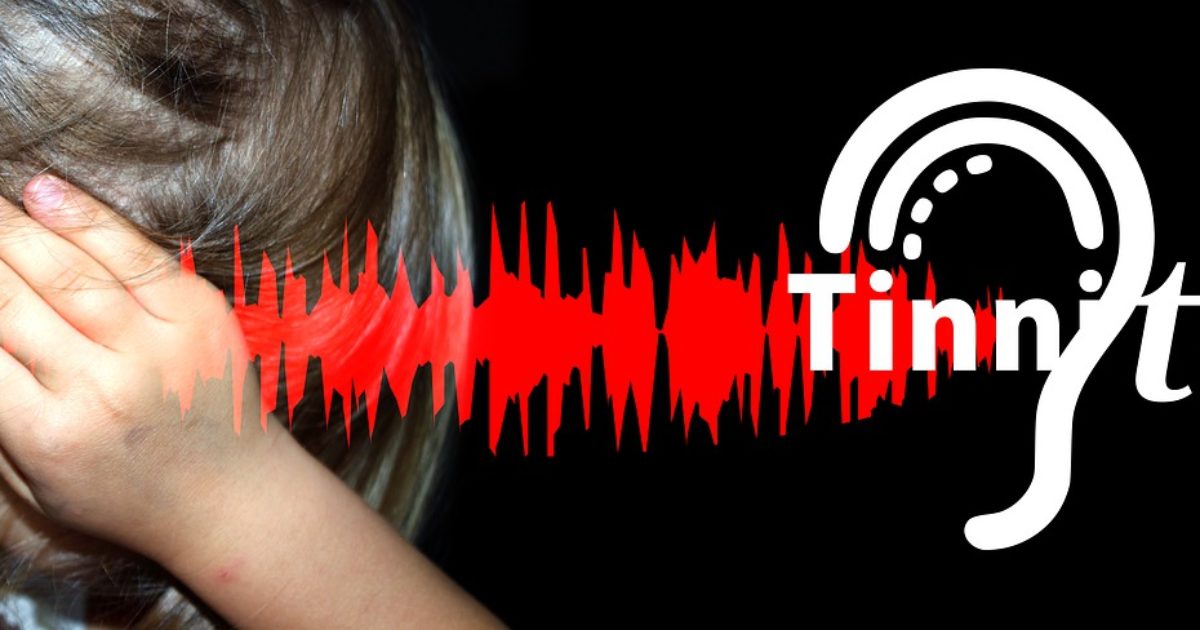Here is a prime example of why vaccine development traditionally takes a LONG time.
Dr. Gregory Poland, a vaccinologist at the Mayo Clinic in Minnesota, said he developed tinnitus after his second dose of the mRNA COVID-19 injection.
His symptoms started roughly 90 minutes after the shot, and Dr. Poland described them as “fairly severe” and “extraordinarily bothersome, interfering with sleep and the ability to concentrate.”
He is now raising questions about this side effect from the injection suggests further research.
To put things bluntly, he’s late to the ball game on asking questions about this medical experiment.
Dr. Gregory Poland, a vaccinologist at the Mayo Clinic in Minnesota, developed tinnitus after his second dose of an mRNA COVID-19 vaccine. He is raising questions about this side effect from the vaccine and suggesting more research is needed.https://t.co/9IXhO9P0cv
— Robert F. Kennedy Jr (@RobertKennedyJr) March 16, 2022
News, Minnesota: Vaccinologist Dr. Gregory Poland calls for further study after developing tinnitus after COVID-19 vaccinationhttps://t.co/b6ne3WSVQqhttps://t.co/tieJwPrrmZ#PICPhysicians #informedconsent #1stdonoharm #vaccines #vaccination #physicians4informedconsent
— Physicians for Informed Consent (@picphysicians) March 13, 2022
As the American Tinnitus Association states, tinnitus is defined as:
Tinnitus is the perception of sound when no actual external noise is present. While it is commonly referred to as “ringing in the ears,” tinnitus can manifest many different perceptions of sound, including buzzing, hissing, whistling, swooshing, and clicking. In some rare cases, tinnitus patients report hearing music. Tinnitus can be both an acute (temporary) condition or a chronic (ongoing) health malady.
In the VAERS data last updated March 4th, 2022, 19,630 people have reported developing tinnitus after a COVID-19 shot.
The Defender reported:
Poland last month hosted a video discussion with two leading tinnitus researchers, Konstantina Stankovic, M.D., Ph.D., and Shaowen Bao, Ph.D., during which they examined the mechanisms of tinnitus.
Stankovic, a professor at Stanford University School of Medicine, has been studying tinnitus in COVID patients since the beginning of the pandemic.
Of the 10 patients she studied who had COVID and tinnitus, all of them had “either reduced or non-existent hair function.”
She found the virus entered the inner ear cells and “preferentially affected hair cells,” referring to the hair cells of the cochlea, an integral part of the inner ear and the organ responsible for the conversion of sound into an electrical signal the brain then interprets.
“The virus causing COVID-19 can directly infect the human inner ear cells, and this could explain what we are seeing,” Stankovic said.
Researchers estimate nearly 15% of people who recovered from COVID developed tinnitus, and this condition is now associated with long COVID.
Poland, who got a booster shot despite developing tinnitus after his second COVID shot, raised the question of whether or not that was the right thing to do.
Bao, an associate professor at the University of Arizona, said his research on vaccine-induced tinnitus, which is awaiting peer review, indicates the spike protein — present in the virus and in the vaccine — is a likely contributor to tinnitus.
Although Bao did not identify a molecular mechanism for spike protein-induced tinnitus, results from his own survey indicate the incidence of tinnitus following the first shot is 10% higher than that following the second shot, a small but statistically significant percentage.
This indicates a spike protein-mediated effect and not an immune response effect because the immune response is known to be greater after the second dose, Bao said.
Watch Dr. Poland’s discussion at Healio:
In this video, Poland asks Konstantina M. Stankovic, MD, PhD, FACS, Bertarelli Foundation Professor and chair of the department of otolaryngology-head & neck surgery at Stanford University School of Medicine, and Shaowen Bao, PhD, an associate professor of neuroscience, physiological sciences and physiology at the University of Arizona College of Medicine, to discuss their research on the association between tinnitus and SARS-CoV-2 infection and vaccination, and whether patients who develop tinnitus after vaccination should receive a booster dose.
“We really do need more research in this area,” Poland said.



Join the conversation!
Please share your thoughts about this article below. We value your opinions, and would love to see you add to the discussion!